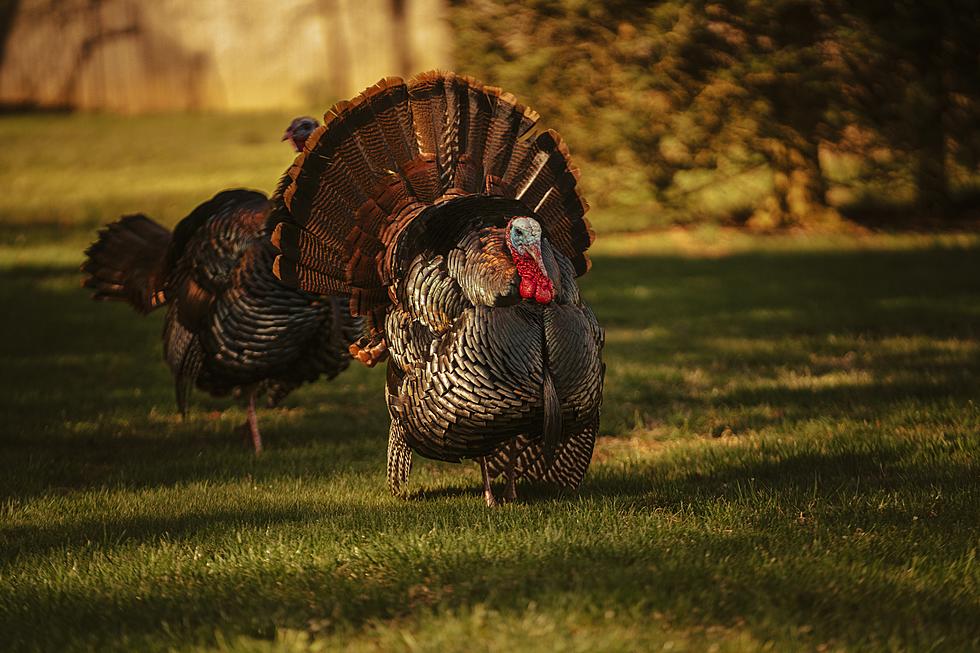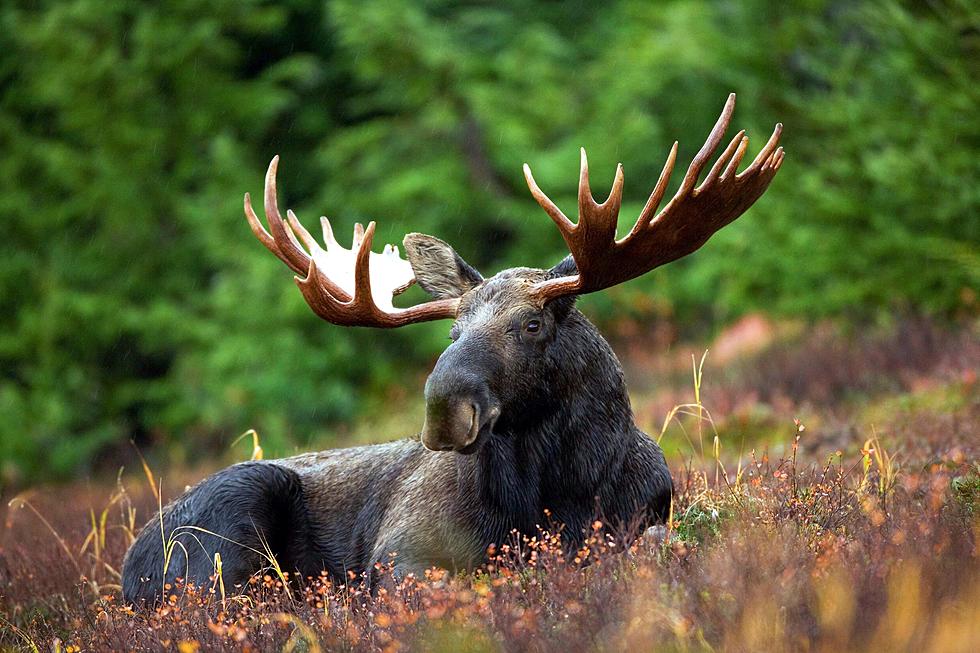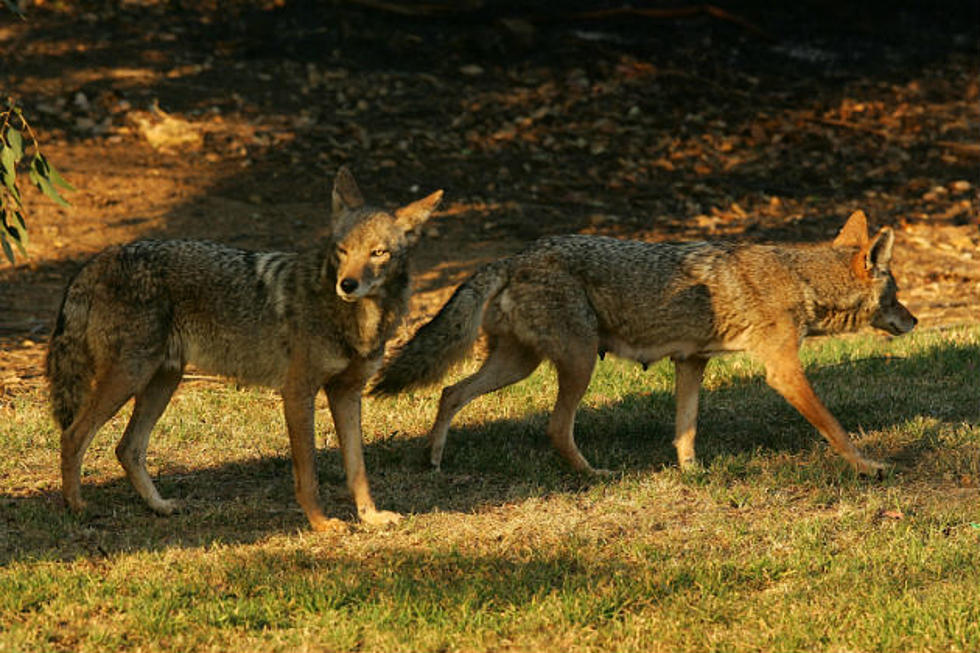
Beginner’s Guide to Hunting Maine Wild Turkey
The fall turkey season is coming up. Turkey hunting can be a great start to a new hunter. Here's how to get started hunting Maine wild turkey.
Now that you have successfully completed your hunter safety course, it’s time for your first hunt. You may find yourself asking, “How do I get started?” Wild turkey is the perfect hunt for beginners. The mild late-summer/early-fall temperatures, the excitement of calling-in a long-bearded Tom, and the abundant turkey population throughout much of the state, makes for a thrilling experience. The 2022 Maine fall turkey season begins September 19, through November 7.
What You’ll Need:
You don’t need much equipment to hit the turkey woods. First, you’ll need a means of harvest. This can be a shotgun, bow and arrow, or crossbow. Shotguns gauges 10 through 20 are legal to use, with ammunition containing sizes 4, 5, 6, or mixed loads sized 4 through 7. 28 gauge, and .410 shotguns are also an option. Ammunition containing shot sizes 7 through 9 in Tungsten Super Shot may be used.
Before hunting with a shotgun, you’ll want to “pattern” your gun. Pattering will give you an idea of where the shot is landing on a target. Every gun, choke, and ammo combination works differently. Patterning will help you visualize where the bulk of the shot will land on your target. Using a paper plate or a turkey target, shoot your gun with the choke (full, or turkey) and ammo you plan to hunt with. Look to see where most of the shot landed. If the shot pattern isn’t dense, you may want to consider other ammo options, a different shot size, or choke.
If you plan to use a shotgun, you’ll need a valid Maine big or small game hunting license, as well as a turkey permit. If using a bow and arrow, you’ll need a valid archery license, and a turkey permit. For crossbow users, a valid archery license or big or small game hunting license is needed, as well as a turkey permit. These licenses and permits can be purchased online.
The thrill of turkey hunting in the spring is the responsive nature of these big birds. Male turkeys, known as a Tom (adult) or a Jake (juvenile), are very reactive to the sounds of other turkeys. Using a turkey call to fool a Tom or Jake to come right to you. When you hear a big ol’ Tom gobble, you’ll understand why they’re nicknamed thunder chickens. Calls come in an assortment styles and price points. An easy call to master as a beginner would be a slate or pot call, or a box call. Diaphragm or mouth calls are a cheaper option, but take practice to become fluent. Electronic calls are legal to use in Maine, and could be a great option for a newbie.
During the fall turkey season, calling is sometimes less effective. Turkey's are focused on food in preparation of the winter months ahead. Finding their food source is a good place to setup for a hunt. If you can find a feeding area being used by turkey, calling can still be very effective. A feeding hen decoy, and a few yelps or clucks with a call, can get a nearby Tom gobbling.
Unlike deer hunting, two articles of blaze orange apparel is not required for turkey hunting. Turkeys have incredible eyesight, so you’ll want to dress in camouflage from head to toe. That being said, remember that you’re sharing the woods with other outdoor users. It’s important to be sure of your target and what’s beyond it. Also, mark your hunting area with orange flagging tape to let other hunters know you’re in the area. A simple wrap around a nearby tree will do the trick. It’s not required by law, but is good practice.
We could make this list 100 pages long when it comes to equipment, but we’re keeping it simple. Other gear options to consider would be a turkey decoy or two, and a ground blind. A blind will shield your movements from the birds, and keep you dry in bad weather.
Laws of the Land:
It’s always a good idea to read through the current Maine Hunting Law book, whether you’re a novice or a seasoned hunter. Regulations can change from year to year, and ignorance of the law is not an excuse.
Here are some big ones to remember:
- Legal hunting hours is 1/2 hour before sunrise to 1/2 hour after sunset. For times, see this chart.
- During the spring turkey season, only male turkeys (bearded) may be harvested. In the fall, either sex can be harvested.
- Harvested spring turkeys must be transport tagged and registered for $2 at the nearest tagging station. Fall season turkeys do not need to tagged and registered.
- You cannot shoot a turkey while it’s in a tree (roosted).
- Use of bait is prohibited.
- A hunter may not exceed season bag limits, which vary by WMD.
Identification:
It’s very important to be able to distinguish the sex of a turkey. The fall season is easier for new hunters. During the fall season hunters can take turkeys of either sex, or age. In some WMDs up to five turkeys can be harvested during the season.
The spring season is male turkey only, you’ll need to know. Male turkeys are usually larger in size compared to females. Distinct features of male turkeys are their red, white and blue heads, and their beard that dangles from their chest. Don’t just watch for a beard, a small number of females have been found to have beards as well, but are rare. Do some pre-season scouting to practice identifying a turkey’s sex. It can be tough under pressure and at a distance to an untrained eye.
Season Bag Limits by WMD:
- Five Turkeys - 15-17, 20-25.
- Three Turkeys - 26.
- One Turkey - 6-8,10-14, 18, 19, 27, and 29.
- Closed to Turkey Hunting - 1-5, and 9.
Last year, the Maine Department of Inland Fisheries and Wildlife made changes to tagging rules for fall turkey. Hunted fall turkeys do not need to be transport tagged or registered. Harvested spring turkeys are still required to be tagged, and registered, in its entirety.
Be a Good Land User:
Much of the land in Maine is privately owned. Always ask permission before hunting on someone else’s land. Access to private land is a privilege, not a right. Always respect the wishes of the landowner. Pick up after yourself and others, and leave the area as you found it, or better.
Keep Hunting in Maine Safe:
As a recent grad of hunter safety, we’re sure these rules are engrained in your head. But, it never hurts for a refresher. Hunting is one of the safest outdoor activities in Maine. Lets keep it that way.
Rules to Remember:
- Treat every firearm as if it’s loaded.
- Keep the muzzle pointed in a safe direction.
- Keep your finger off the trigger until you’re ready to fire.
- Be aware of what’s in front and beyond your target before firing.

For more tips on turkey hunting in Maine see this 10-minute video above from the Maine Department of Inland Fisheries and Wildlife.
Have a safe and exciting turkey season.
15 Must-Have Items For Ice Fishing Season In Maine
More From WQCB Brewer Maine









